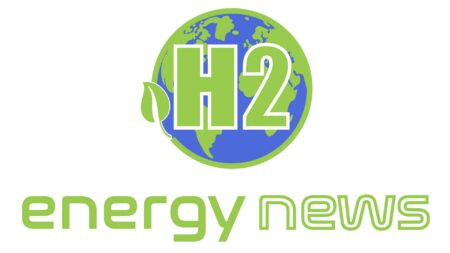In the Wesel neighborhood, green hydrogen will be promoted.
Browsing: Report
The International Energy Agency (IEA) estimates attaining net-zero targets by 2050 will require 520 million tonnes of hydrogen. This requires lots of equipment and electrolysers.
Green hydrogen drives decarbonization. Political ambitions match. Yet, aspirational ambitions alone will not improve the hydrogen economy. Implementation issues remain, but solutions are near.
Economic modeling reveals that larger tax benefits on green hydrogen offered in the United States are endangering Australia’s budding renewable hydrogen industry.
Elon Musk has expressed his interest in the hydrogen automobile industry and confirmed the impending Tesla hydrogen vehicle, which will obliterate all competitors the way Elon Musk likes to do it. Until recently, Tesla has been an EV-exclusive brand.
Peers have cautioned that expecting to heat millions of households with hydrogen instead of natural gas is unrealistic and advised ministers to concentrate on boosting heat pumps.
A recent joint report by the European Patent Office (EPO) and the International Energy Agency (IEA) summarized innovation and patent trends in the hydrogen economy.
German Finance Minister Christian Lindner told Reuters that we require hydrogen in all shades in response to a dispute taking place in Brussels over hydrogen produced by nuclear vs renewable energy.
According to a recent assessment by the Minerals Council of Australia (MCA), Australia has the potential to be a large clean hydrogen supplier and a global leader in the production of clean ammonia.
According to the Energy Industries Council (EIC), the world’s top trade organisation for energy-independent businesses, the growth of a viable hydrogen industry that aids in the achievement of net zero ambitions in the UK and abroad depends on significant legislative reforms.



